Rwanda
Rwanda is marking a quarter a century since the genocide that left almost one million people dead.
25 years on, the East African nation has emerged as one of the most prosperous countries in Africa. The government’s efforts to bring about reconciliation have greatly inspired this turnaround.
Moreover, individuals like Thomas Ntashutimwe have taken a step further to promote reconciliation in their own way.
Thomas lives in Mutete, 40 km north of Kigali. Defying odds when mixed-ethnicity marriages were very rare and not seen positively, Thomas a member of the persecuted Tutsi minority chose to marry a Hutu woman.
“While people thought I was going to marry a Tutsi survivor, I chose a person of a different ethnicity. It was a personal decision. Nobody forced me, it was my choice, and it was a crucial step,” says Thomas.
His wife Laurence Ntashutimwe adds, “They see our home as a role model, observing how we conduct ourselves in the community. We are sometimes contacted to help other conflicted households.”
This measure reflects the Rwandan’s approach to recovering from the genocide. The government has stripped ethnic categories from national identity cards and textbooks and urged Rwandans to forgive but not forget.
AFP




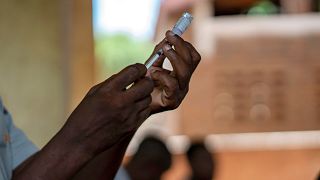
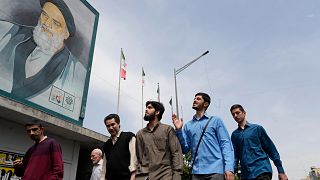
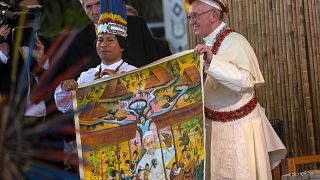

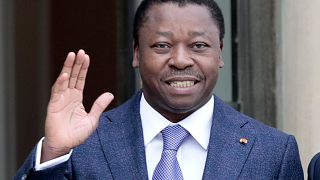
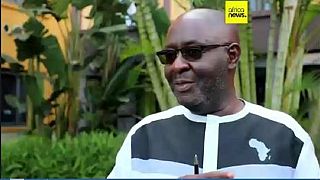


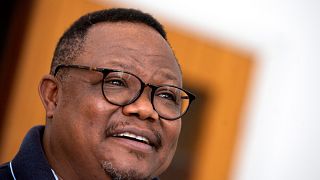
01:02
Sudan accuses UAE of contributing to genocide
01:21
Casualties after Israel bombs hospital in Gaza's south
02:14
Israel-Gaza: Pressure for ceasefire following Trump inauguration
00:50
U.S. declares genocide in Sudan, sanctions RSF leader and companies
01:54
Former Syrian soldiers apply for amnesty from interim government
01:10
UN says ceasefire in Gaza 'long overdue'